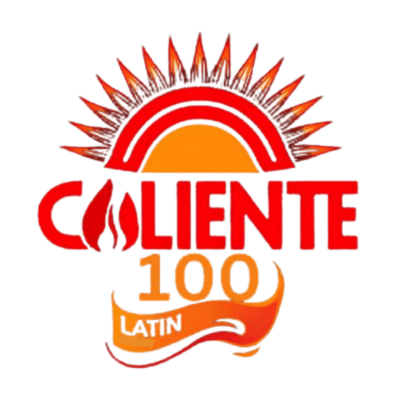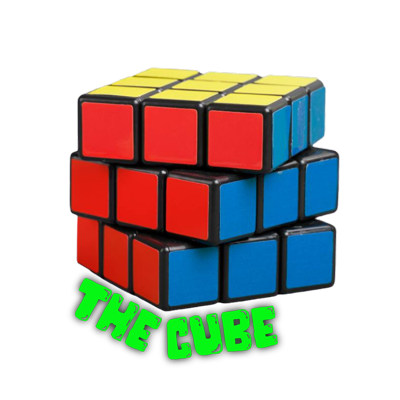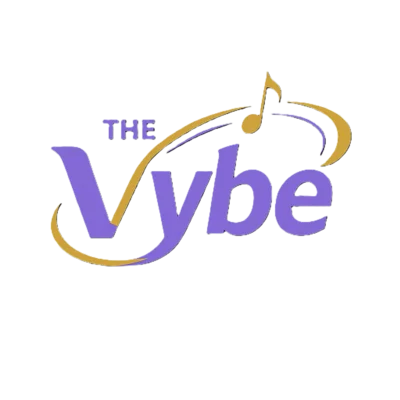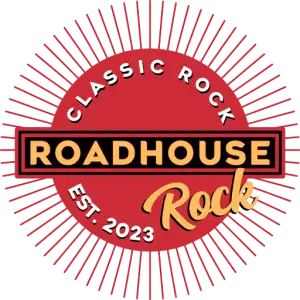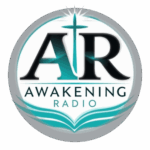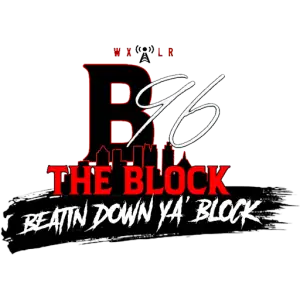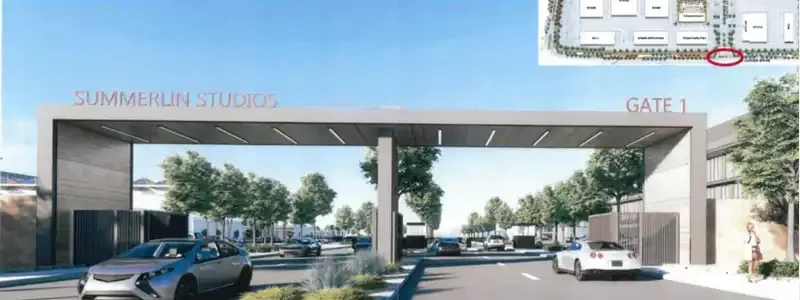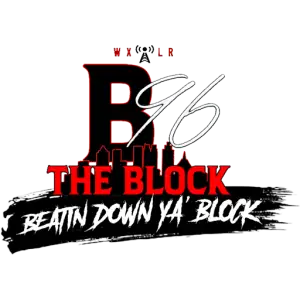The reports commissioned by the state of Nevada indicate that the two legislative proposals aimed at attracting Hollywood film studios through tax credits will not generate enough tax revenue to cover the cost of the incentives. These proposals, detailed in Senate Bill 220 for the Nevada Studios at UNLV Harry Reid Research and Technology Park, and Assembly Bill 238 for the Summerlin Studios project, have been heavily lobbied by various stakeholders who argue they will significantly boost economic activity in the state.
The independent assessments by Applied Economics reveal that while both projects would stimulate economic activity, they would fall short in generating sufficient tax revenue to offset the tax credits. The Nevada Studios project is estimated to return only 35 cents of state and local tax revenue for every dollar of tax credits, contrary to proponents’ predictions of $1.36. Similarly, the Summerlin Studios project is projected to generate 52 cents per dollar of tax credits, aligning more closely with proponents’ estimates.
State Sen. Roberta Lange, sponsor of SB220, contests the findings, suggesting that differences in economic modeling account for the discrepancy. Lange emphasizes the need for forward-looking economic models that reflect modern industry dynamics.
Meanwhile, some lawmakers express ambivalence, caught between fiscal caution and the potential economic development benefits. Progressive groups have voiced opposition to the tax credit expansion, citing concerns over its fiscal impact and the state’s existing educational funding challenges. They argue that public funds would be better allocated to addressing educational funding shortfalls rather than providing substantial incentives to film studios.

